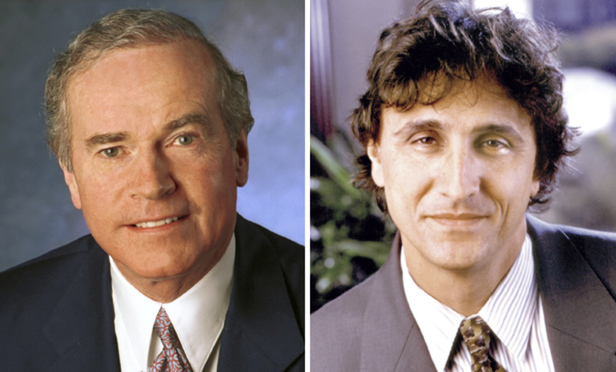The importance of an effective opening statement cannot be overstated for any trial, and it may be heightened in actions involving complicated medical issues. Opening statements are the lawyers’ opportunity to introduce the jury to their clients, to the significant issues in the case, and to the pertinent facts that will be proven. While the primary purpose of the opening statement is the impression it creates for the jury, it can also have legal ramifications that could impact whether the jury gets to decide the disputes. This column addresses the components of an effective opening for the jury, as well as the potential legal implications.
The opening statement sets the stage for the jury. It should start with a brief explanation of the purpose of the opening and its limitations, so as to accurately fix the jury’s expectations. You do not want the jury anticipating the whole case to be laid out or a description of all of the evidence during the opening, if that is not what will be delivered.



